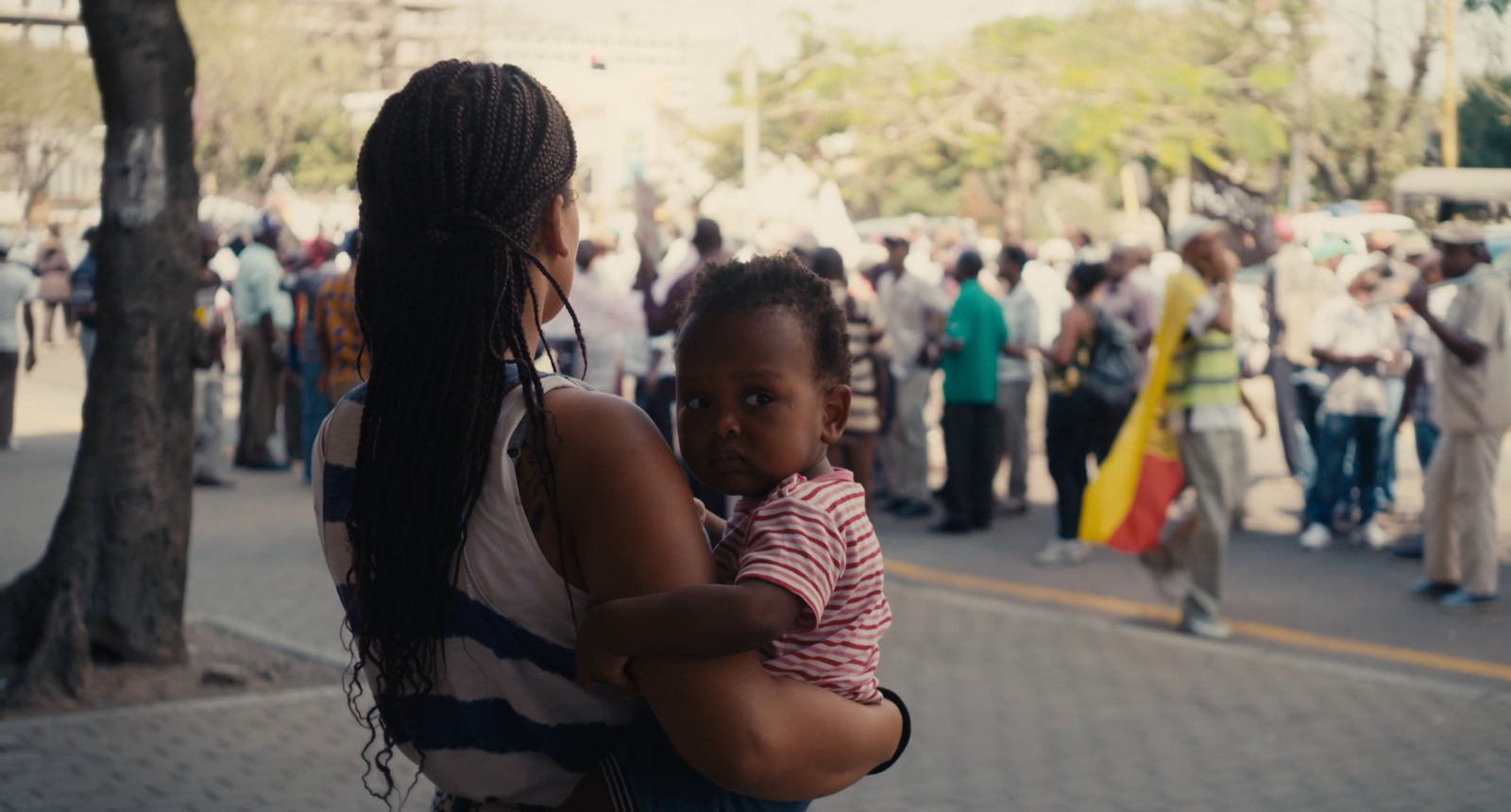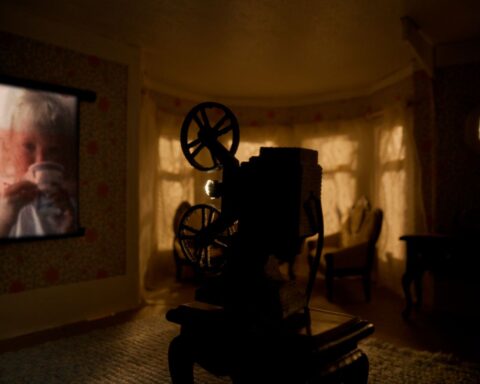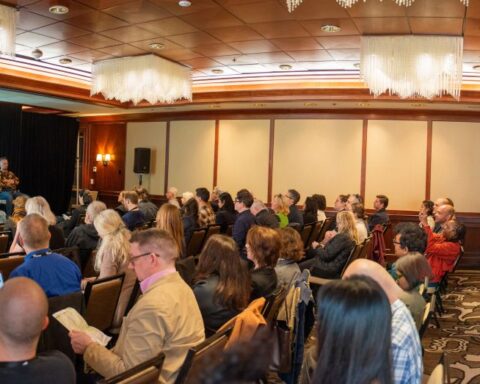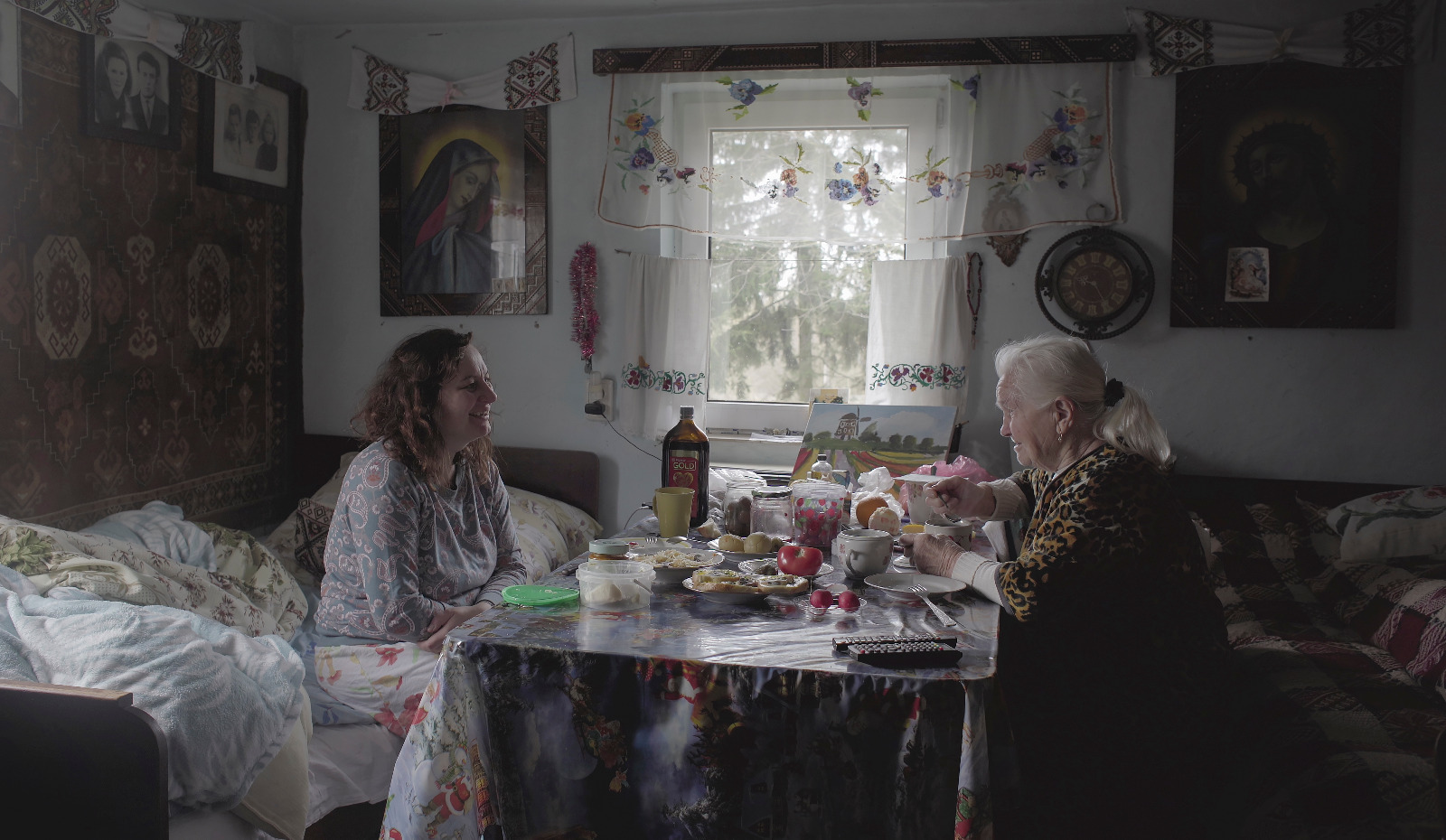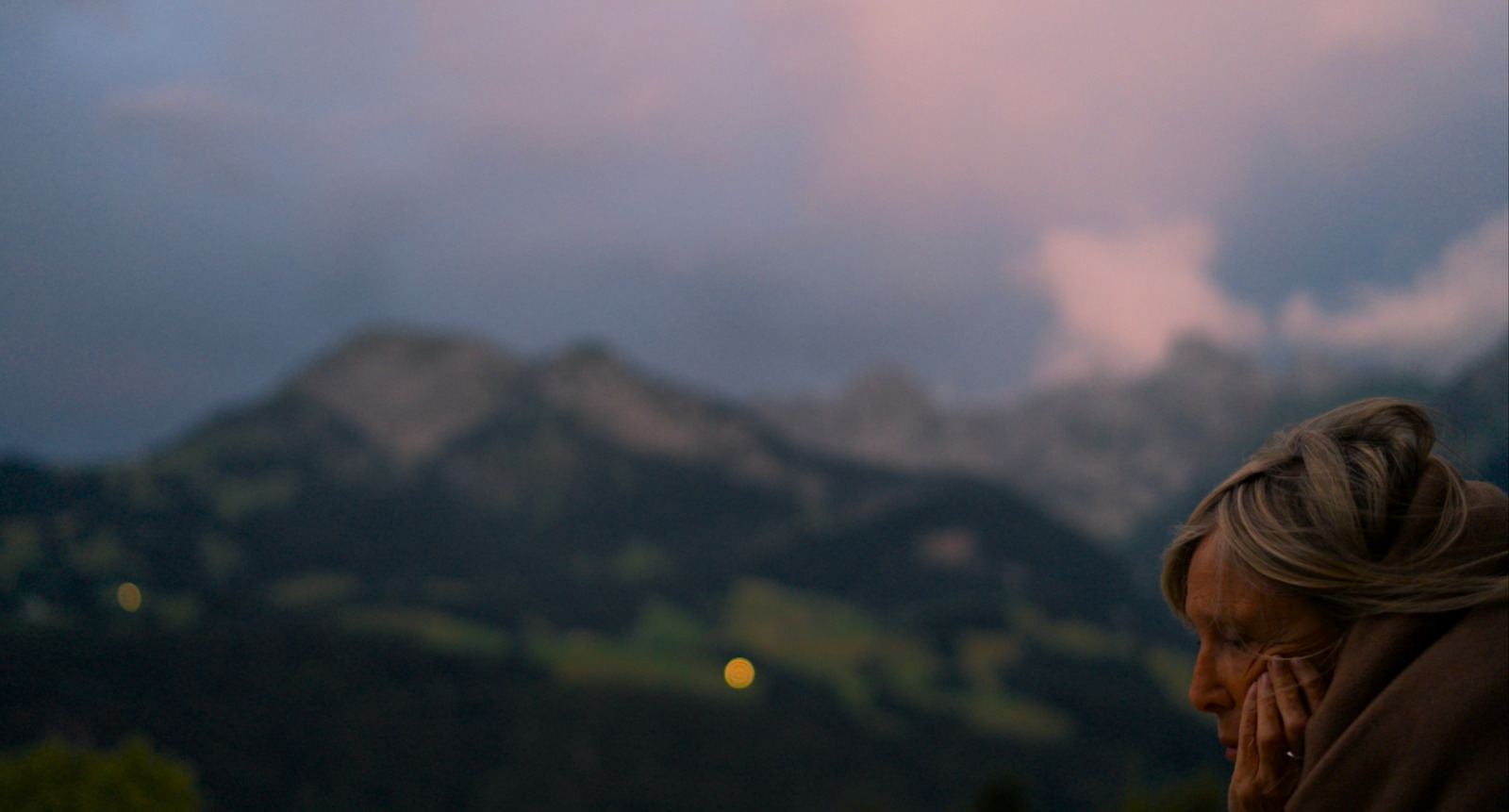The Homes We Carry
(Germany, 89 min.)
Dir. Brenda Akele Jorde
Program: The Changing Face of Europe (North American Premiere)
Sarah and Eulidio are daughter and father. They’re a family, yet they’re half a world apart. Sarah lives in Germany with her mother, while Eulidio must stay in Mozambique. The Homes We Carry focuses on the fractures in this one familial relationship to explore a human rights dilemma that effects thousands of lives. The film considers what it entails to straddle two worlds when circumstances mean that the two poles of one’s identity can never meet. As Sarah begins a familiar of her own and her daughter, Luana, finds herself in the same situation, The Homes We Carry explores the human costs that arise when labour rights and mobility rights face needless limitations.
The Homes We Carry situates Sarah and Eulidio’s plight amid the larger history of Madgermanes. The term characterizes Mozambicans like Eulidio, who came to East Germany and worked as labourers until the fall of the Berlin Wall. All the relationships these labourers made over the years crumbled with it. Eulidio looks back on his own story and recalls doing manual labour, like assisting with the construction of a nuclear facility, which offered no transferable skills.
The lost wages and lost work made a bad situation worse, but as he recalls those years, Eulidio mostly regrets the lost time. While in Germany, he met Ingrid and their love produced Sarah. However, Eulidio explains that he only knew Sarah from a distance. Ingrid, who is a white German, shares her experience with raising a biracial child who didn’t have a parent to help her embrace her Blackness in a racist society. Their stories reflect how Sarah clearly needed both of them.
A Study in Roots and Rootlessness
Sarah imparts these memories as she wonders about raising Luana in Germany versus Mozambique. Her daughter’s kinky hair reminds her of the curls over which she scarred herself trying to straighten. Similarly, she comes to understand the sense of loss her father felt when she returns to Mozambique to introduce Luana to Eduardo, her father. Eduardo looks overjoyed at the prospect of fatherhood, but he’s visibly unsure how to assume the role. The film also sees him confront the culture gap his child will face. There’s a poignant moment when he realizes that Luana doesn’t respond to him because she only understands German. As he learns a few words to connect with the young child, and she responds with an embrace, the film illustrates the weight these families carry.
As The Homes We Carry observes three generations of one family try to bridge the distance, cultures, and years between then, it positions Sarah’s story among a generation of Madgermane offspring straddling two worlds. Jorde follows the family to a rally where children and parents make noise in the streets to ensure that their plight isn’t forgotten. Sarah knows that the calls go unheard in Germany, but she recognizes that the community in Mozambique can heal Luana in the way they saved her. The film tells one family’s story amid many families in an increasingly globalized world. It shows how, for some, a sense of home is intangible. When one has roots in two places, they have to be mobile. However, these stories ask if roots can ever take hold if they’re constantly being uprooted and transferred around the world.




